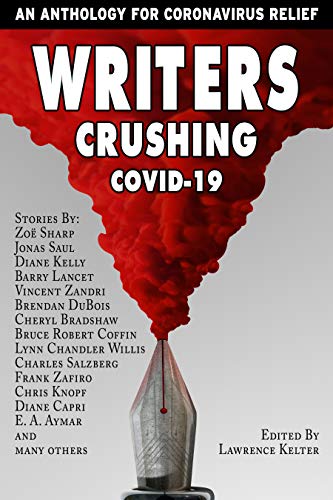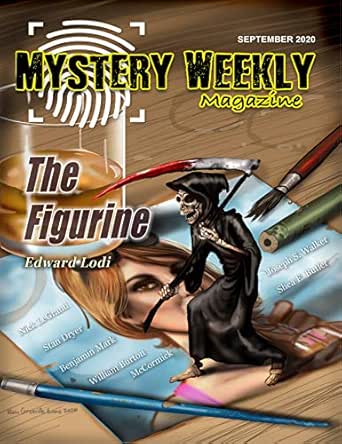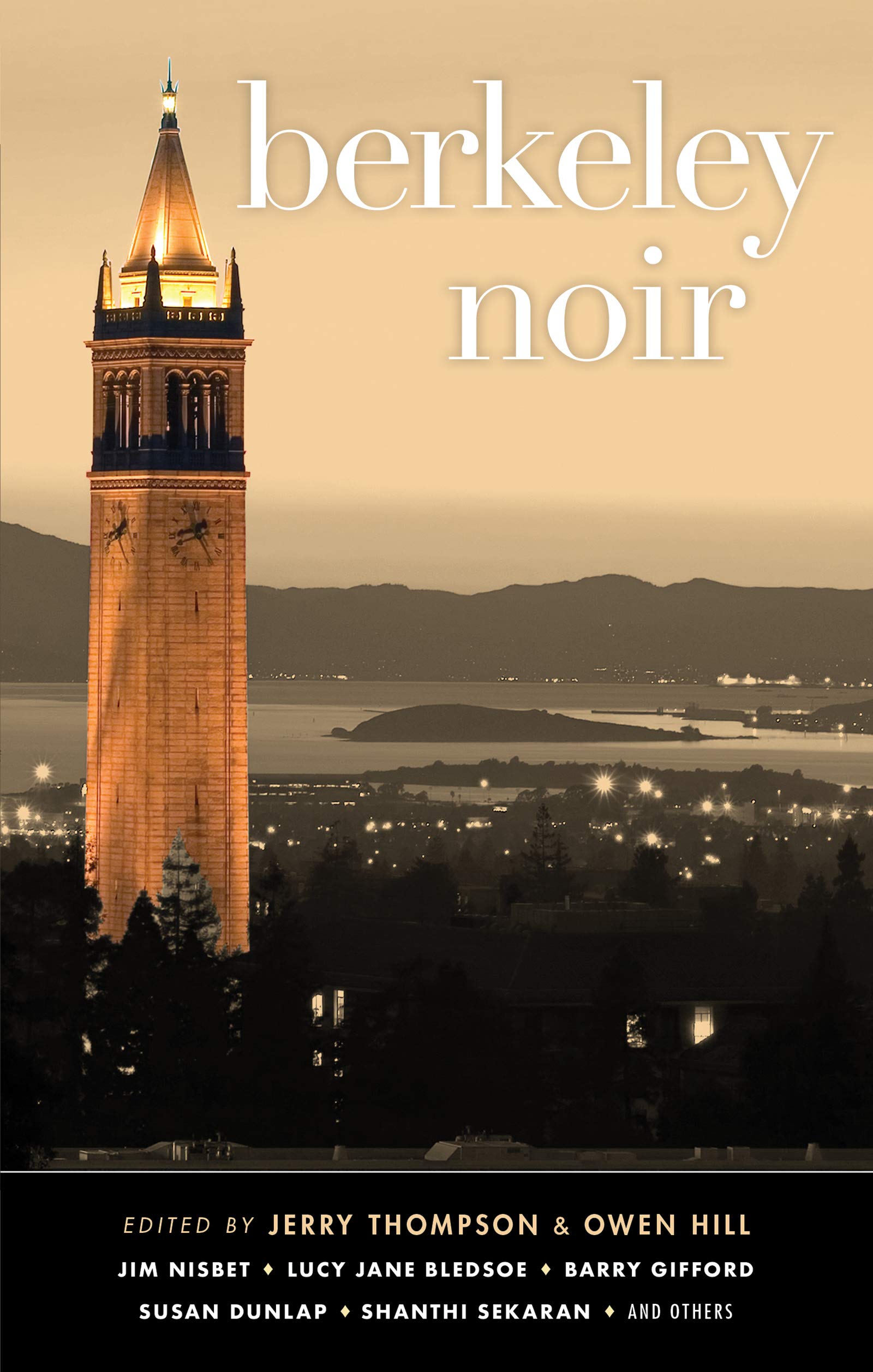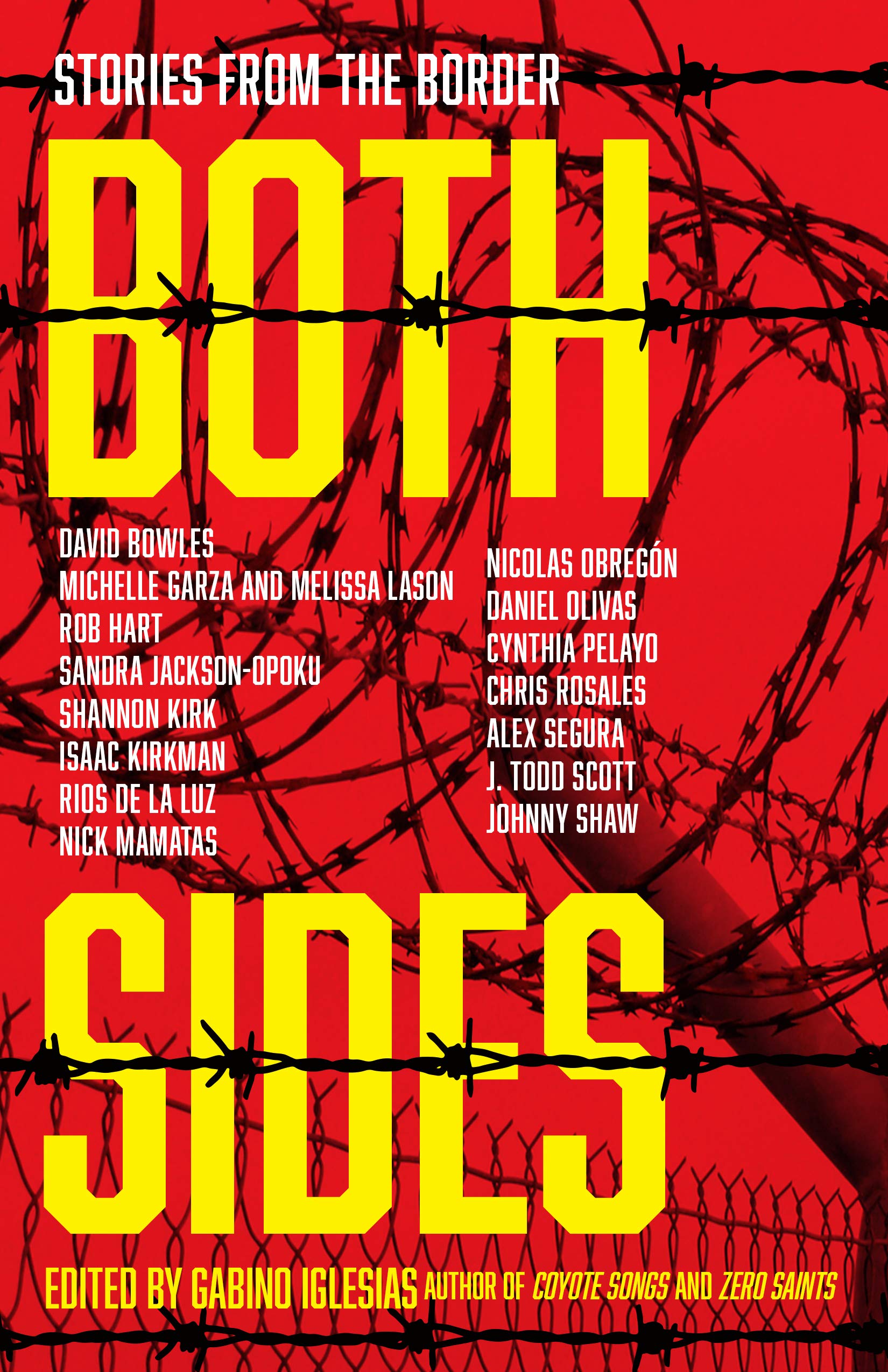"The Cough," by Lynn Chandler Willis, in Writers Crushing COVID-19, edited by Lawrence Kelter, LightSpeed Books, 2020.
There's been a sort of race going on this year and, as far as I know, Willis is the winner. She is the first person to get a story published in which COVID masks are used by robbers as a disguise. You knew it had to be coming.
That's not why this story is my best of the week, of course. The reason is that it is an amusing story of incompetent criminals.
Marty and Dwayne are hoping to rob a bank but the virus lockdown means that only drive-thru's are open. Foiled again!
Marty is the brains of the operation (and that is a low bar). Dwayne seems as happy to score some toilet paper as he would be with the contents of a bank safe.
But our hero thinks of a way to rob the WalMart. You my not be astonished that things don't go perfectly. You may be even less astonished that COVID is involved.
My favorite line: When the two guys get separated and complain someone asks Marty: "You his emotional support animal or something?"









